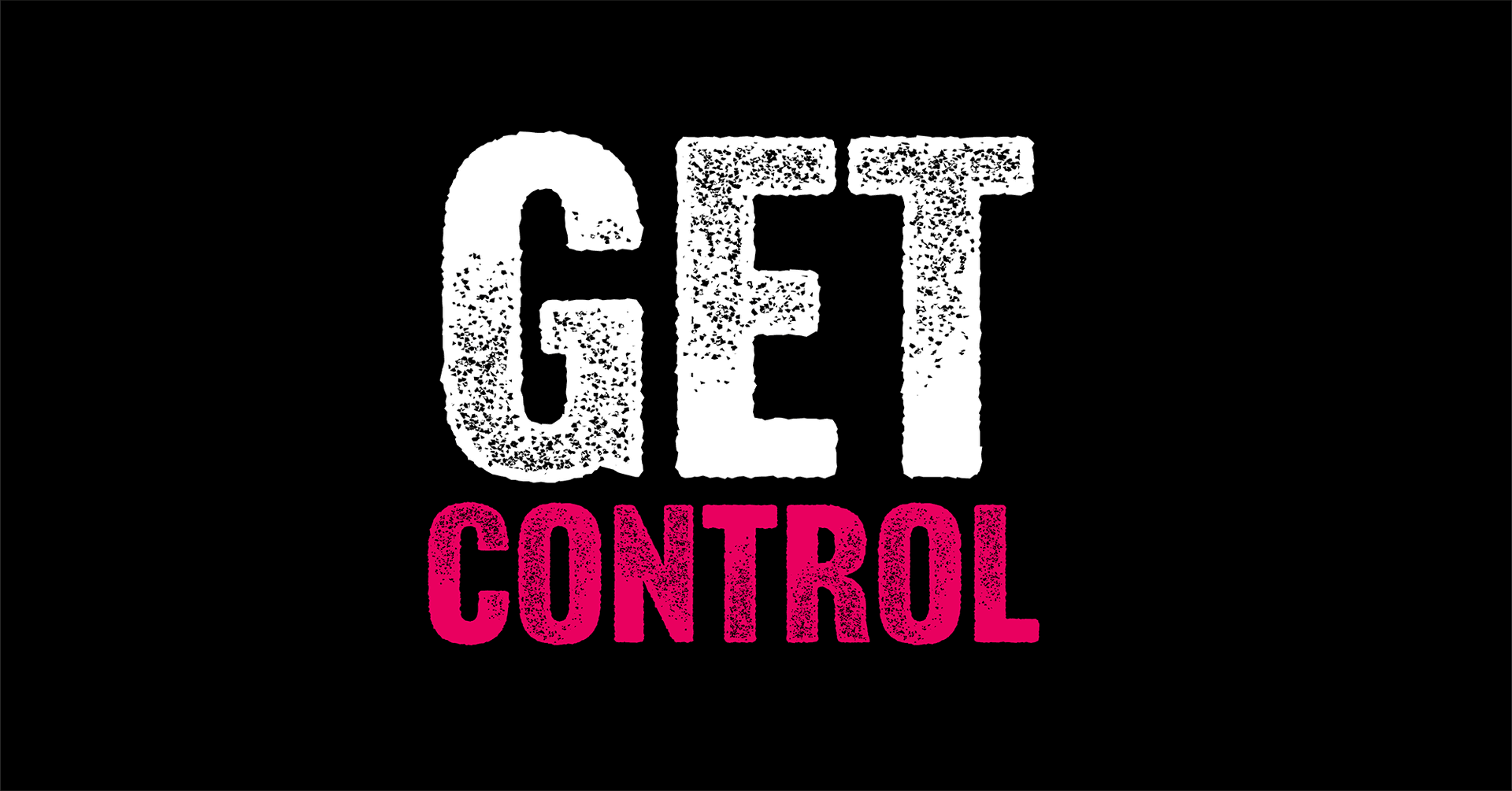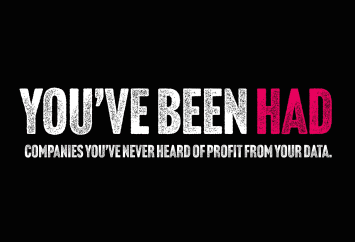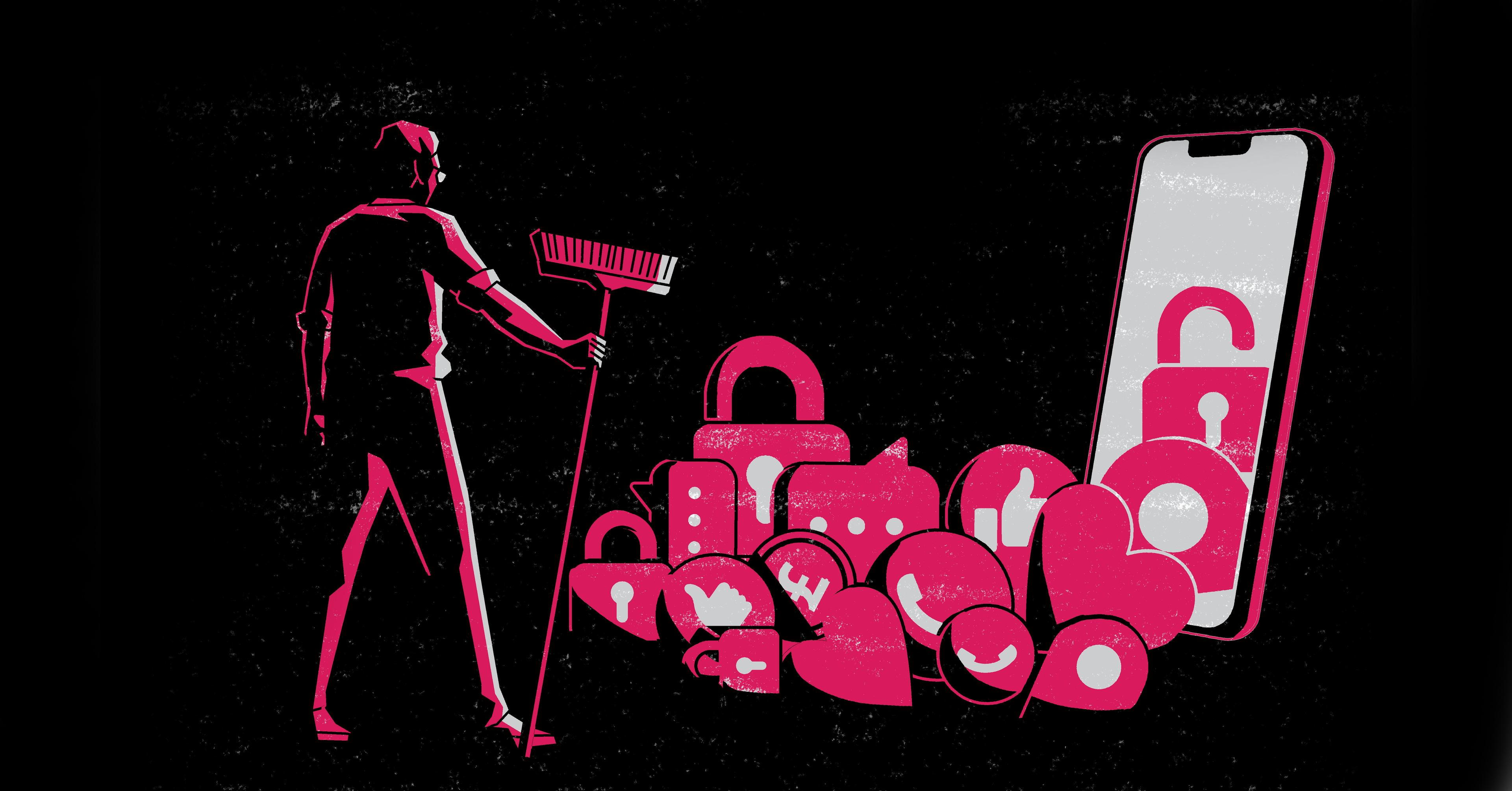- News
- Privacy
- Protect
CEO View. Get control of your digital footprint
I’m James Walker, CEO at Rightly. As well as leading Rightly I’m supporting both English and Scottish governments, regulators and independent bodies to ensure that consumers are put first when it comes to policy and protection.By James Walker
4 min read

I want to help people to take back control of their data. Your data is yours, but it’s an asset that puts you at risk without seeing any value in return.
The world of personal data is in disarray. GDPR was meant to help people remove worries about their data, but companies don’t do the right thing with it. I’m worried about that and I think you should be too.
Did you know, I can buy more information about you than your partner or parents probably know, for between five and ten pence? When scaled, all our data is being acquired and sold between organisations and it wouldn’t be uncommon for over 2,500 companies to have your personal data.
Do you think data is all about cookies?
Everyone hates accepting cookies when you visit a website and the majority of people accept all, including me so don’t worry you’re not alone! Cookies help websites deliver a personalised experience and to understand their audience. The data collected is normally unpersonalised and all it knows is your habits but not who you are.
The bigger risk is our personalised data, the data we hand over to businesses, as the insight they gather helps to build a profile of you.
Your data is your risk but you’re not in control
Businesses have the right to receive your data without your consent, buying it under legitimate consent. This means they may have a product or service they think you’d like, so they can buy your data and you won't even know they’ve got it.
So why care?
It’s easy to be apathetic about your data. You may think ‘I can’t control it’, so why care about it? But, it’s powerful, it’s yours and you can do so much with it. Yet others are using it to their advantage but not always to your advantage.
The best way I can compare the risk is to how you protect other assets you own. For example, would you leave the doors to your home unlocked? Or would you write down the passcode for your debit card and leave it in easy reach? So why wouldn’t you protect your data that powers every interaction that you have with every company and every service you use?
Last year there were six billion breaches of consumer data around the world and every minute consumers in the UK lose over £4,000 to scammers. The two are linked. Your data powers scams, it’s fuel to the scams fire. Your data is used for identity fraud scams, for spear phishing attacks and hacks where your password is compromised.
Today on BBC Radio 4’s consumer programme, You & Yours, an episode featured a consumer focused on taking control of her data footprint. She had taken a year and was still finding companies with her data without her knowledge or consent.
Removing from marketing lists does not remove your data
So when you press remove or unsubscribe from a marketing email and feel empowered, remember the company has removed you from the marketing list, but not from their database. Depending on their privacy policy they may still be selling your data, you need to do more to take back control. It can be simple, quick and can be effective.
How do you find who has your data?
Businesses are required to tell you when they receive your data from another company, but no one does. The impact is that you don’t know who has your data, nor do you know who to ask about what data they have on you, nor how to delete it. But not all is lost. You can take back control.
- Rightly Protect
The first step is Rightly Protect. It helps you work out how many companies definitely have your data and you can choose from which organisations you want to delete it. It takes minutes and it’s simple. The companies will reply to you either confirming they have automatically deleted your data or ask you for proof of identity before then completing the deletion.
Some companies are again breaking the law. If you are asked to fill in their form or website page, just say no. These firms are trying to make life simple for them and not for you. The more consumers they can put off the more data they can keep.
2. Data Brokers
Data brokers make money from knowing about you. They focus on finding as much data as possible - the more they know the more they can get from selling your profile. They find it and focus on building a profile on you richer in information than even your parents or partner may know about you. For me, they know if I will get cancer. Nice to know but often the facts are wrong and inaccurate.
Rightly has a list of data brokers you can submit to. In order to take action, we will work on your behalf to require data brokers not to process your data. This is so important, because requesting your data to be deleted only removes your data for now, but they can buy it back in again later. However, to make a ‘do not process’ request means even if they buy your data back they can still not use it, never ever again.
Related Articles
- Key issues
2 min read

ARE YOU BEING TARGETED?
It’s shocking how much data companies have on you, including companies you’ve never heard of. You need to protect yourself. Rightly can help.
- Blog
5 min read

Do you need a data diet?
We all need to trim our digital footprint to help ourselves stay safe from unscrupulous data brokers who sell our data on to thousands of companies, as well as hackers, spammers, and cyber-criminals.